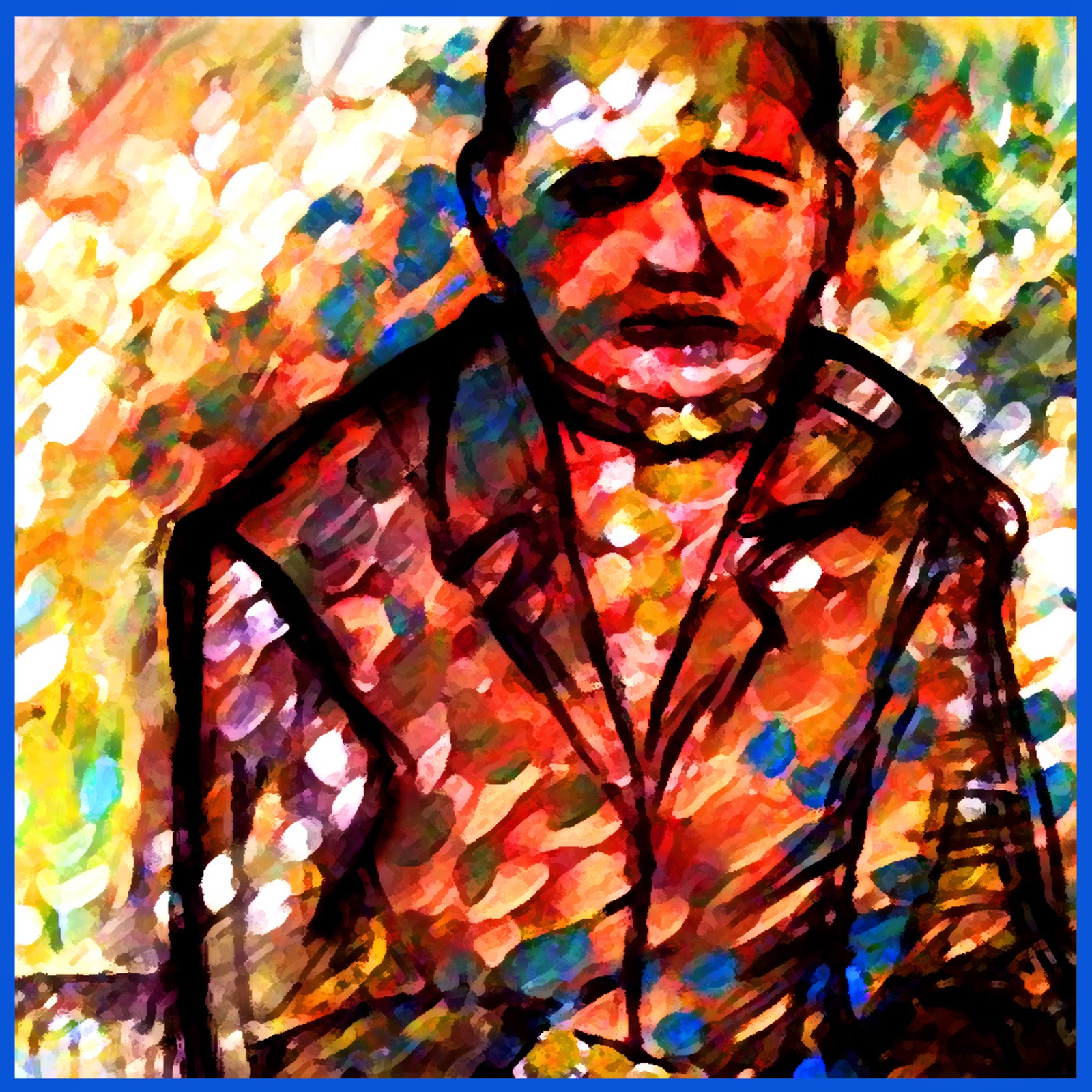How do you see yourself?
As one entity/being, or as one being comprised of different parts?
Perhaps you have an emotional self, a logical self, a life-experienced self, and a curious self?
Perhaps other self's as well?
A situation arises, your emotional self responds with deep felt concern, your logical self gives you rational explanations/reasons, your life-experienced self reminds you of similar situations, and your curious self asks: what if?
I live in a society in which logic and reason often is viewed as a preferred approach as how to view or think about things. Emotions often get a bad rap and we are encouraged to harness them as much as we can. Logic and reason trumps emotions, seems to be the underlying message.
We are warned not to be too emotional, or overly emotional, but I don't think I have ever heard the terms too logical, or overly logical, used.
Besides, what amount of emotional response is the right amount, and who decides such?
Do we all have an essential self (authentic/core) beneath our narratives and memories, our habits and emotional responses?
After ploughing my way through a number of books on the Self, I can't say that I am any wiser.
Hence my suggestion of the self as comprising of at least an emotional self, a logical self, a life-experienced self, and a curious self.
With the help of the curious self, we can explore alternate/new ways of seeing/ experiencing things, with the help of our life-experienced self we can recognise and identify patterns in our behaviours and reactions, with the help of our logical self we can adjust our way of thinking about things/experiences, and with the help of our emotional self we can stay in touch with our feelings.
(Although, perhaps we do experience those different self's as one core self.)
I have on occasion heard it said: "If people would just be less emotional, then there would be less conflicts" which may be true to a certain extent, although in order to find compromises and solutions to conflicts necessitates the use of emotions. (compassion, empathy, patience, etc..)
Logic and rational reasoning can be very useful when it comes to dealing with conflict, but logic and rational reasoning without compassion, understanding, and patience, often misses the mark because facts and logical reasoning alone is often not enough to sway someone's opinions or beliefs.
(Try telling a seven year old the logic of having a bath before going to bed when he knows he will get dirty again the very next day.)
The way we view our life-experienced self, has far reaching tendrils into both our emotional and logical self's.... so may I suggest that we process our experiences with the help of them.
And for the curious-self.....it asks: what if?
"Last time I experienced...xxx....such and such happened, but what if I had thought things through logically before I responded, maybe there would have been a different outcome?"
So, how do you see yourself?
Like a car; you don't know the ins and outs of how it works, you just fill it with gas and know how to drive it, and if it breaks down you take it to someone to have it fixed?
Or perhaps you see yourself as a never ending puzzle; piece by piece, who you are becomes more and more clear to you?
I will let Vironica Tugaleva have the last word:
"You are not who you think you are. You are not your fears, your thoughts, or your body. You are not your insecurities, your career, or your memories. You're not what you're criticized for and you're not what you're praised for. You are a boundless wealth of potential. You are everything that's ever been. Don't sell yourself short. Every sunset, every mountain, every river, every passionate crowd, every concert, every drop of rain - that's you. So go find yourself. Go find your strength, find your beauty, find your purpose. Stop crafting your mask. Stop hiding. Stop lying to yourself and letting people lie to you. You're not lacking in anything except awareness. Everything you've ever wanted is already there, awaiting your attention, awaiting your time." (Vironica Tugaleva)





